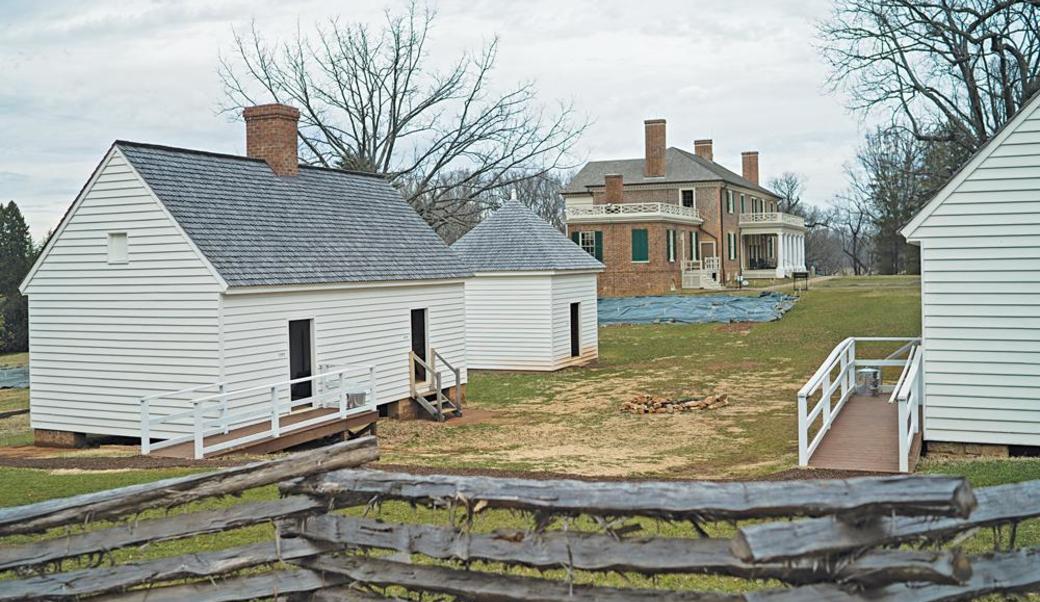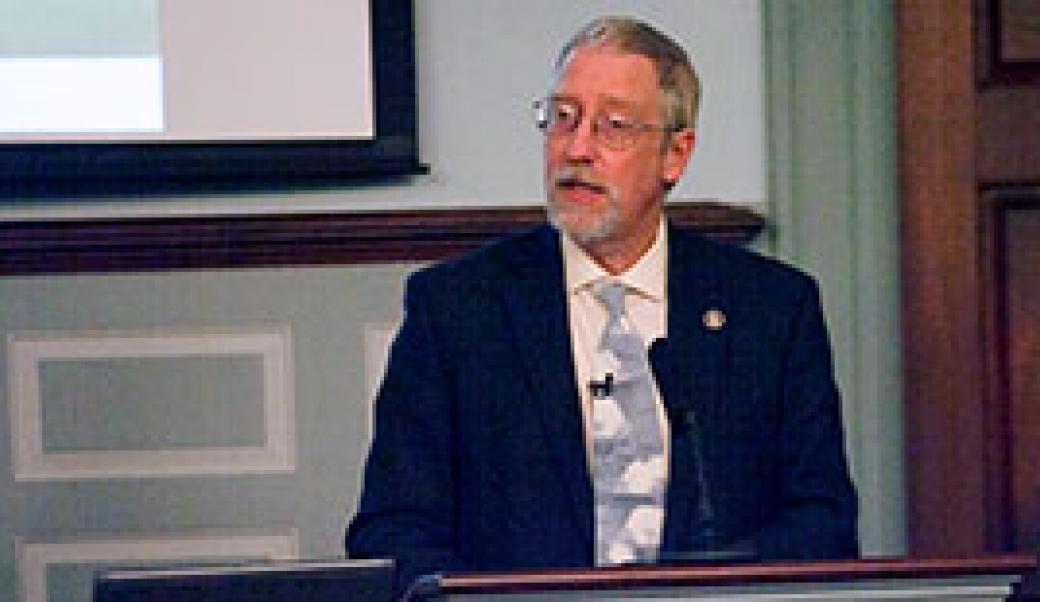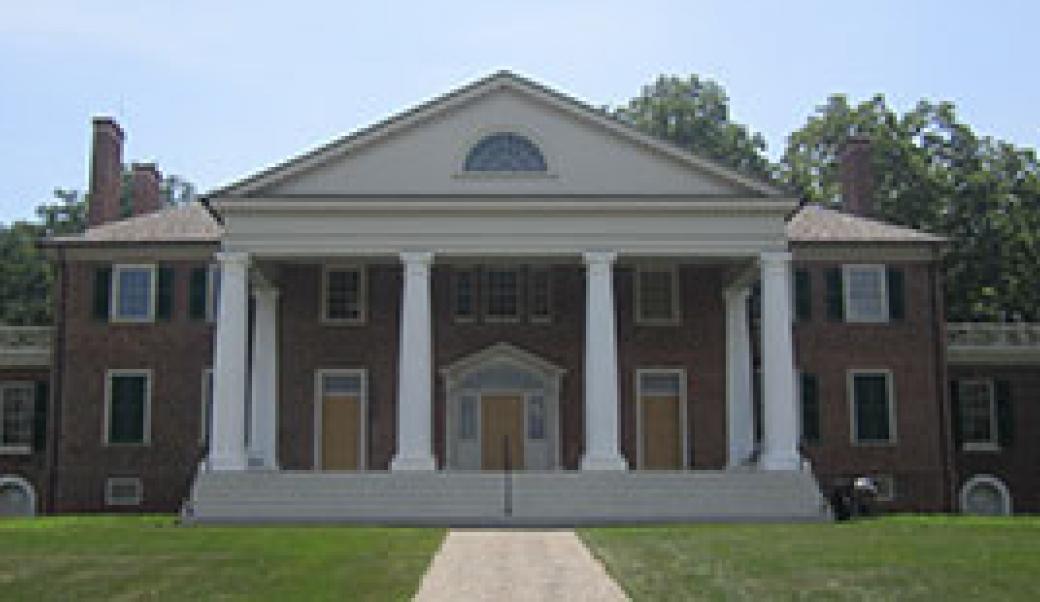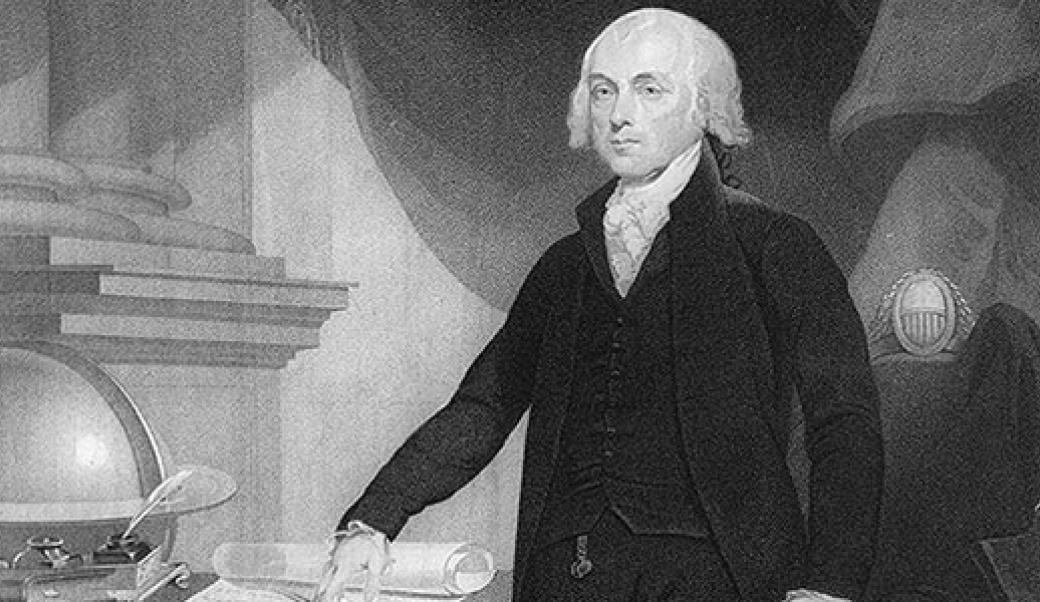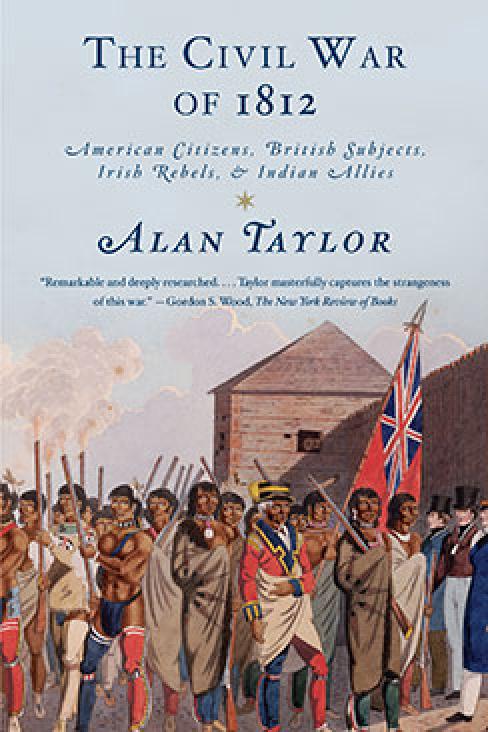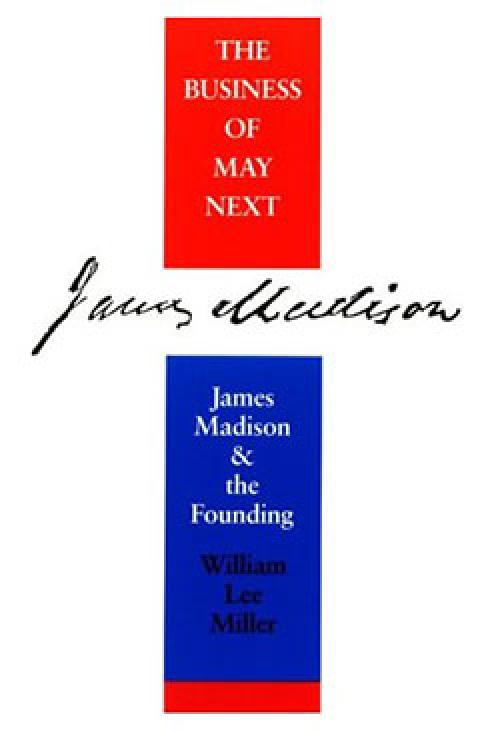1751 - 1836
James Madison
If men were angels, no government would be necessary. If angels were to govern men, neither external nor internal controls on government would be necessary. Federalist Papers, #51
Overview
James Madison understated his ancestry as being among Virginia’s “respectable though not the most opulent class.” By the time of his birth, he entered one of the most elite families in Virginia, their affluence marked by vast acreage and a large enslaved population at the family plantation of Montpelier. Though not opulent by the standards of the prominent families in the colony, the Madisons enjoyed wealth and influence attained by few. Their status as a first family of central Virginia helped propel Madison to educational pursuits in New Jersey, revolutionary leadership positions, a place of foremost influence in American constitutional thought, respected seats in state and national legislatures, and finally the height of national executive power.

